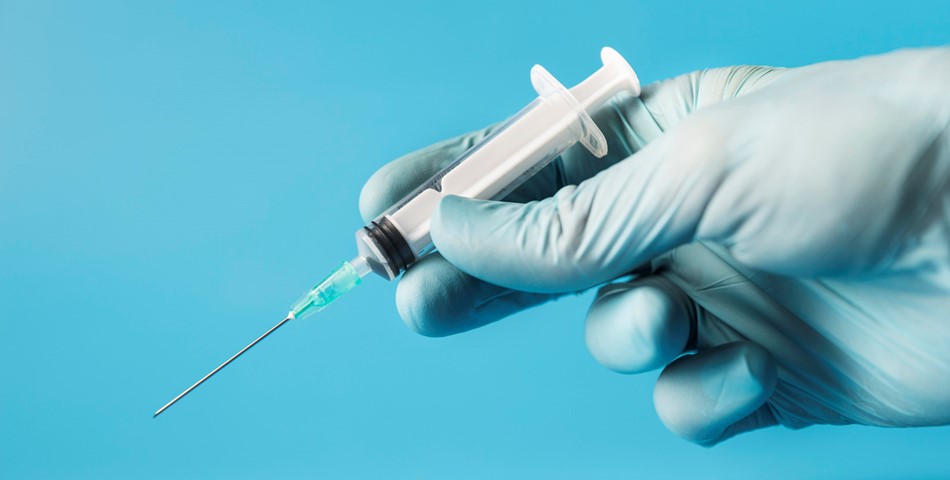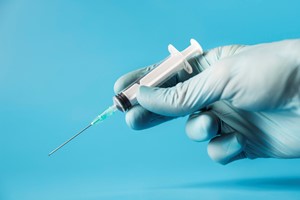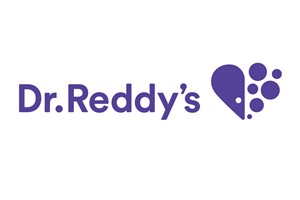A recent survey conducted by The Harris Poll sheds light on a prevalent yet often overlooked issue in medical care: the frequency of needlesticks experienced by patients during hospital procedures. The findings highlight a significant concern among both patients and nurses regarding the impact of repeated needle insertions on the overall healthcare experience.
According to the survey, which gathered insights from 2,006 adults aged 18 and above in the United States, including those who have undergone IV therapy or blood draws during a hospital stay within the past 24 months, a staggering 11% of respondents required 10 or more needlesticks to obtain a single blood sample. Additionally, more than half of the participants reported needing multiple needlestick attempts for a single procedure, with 59% for IVs and 71% for blood draws.
The survey also revealed a notable lack of awareness among patients regarding the acceptable number of needlestick attempts. Despite the distressing experiences reported by many respondents, 77% were unaware that patients should typically expect no more than two needlestick attempts from one clinician, regardless of their medical condition.
Fear of needles emerged as a significant factor contributing to patients' discomfort, with 51% of Americans reporting some level of fear, and 31% citing fear of multiple needle insertions as a top concern. This fear is not unfounded, as reiterated by the survey results, emphasizing the need for improved communication and education on medical procedures and patient expectations.
Nurses, too, expressed deep concerns regarding the impact of repetitive needlesticks on patient care delivery and workflow. A vast majority of nurses, 92% and 91% respectively, agree that repeated needlesticks negatively affect the patient experience and advocate for the exploration of alternatives to reduce their frequency.
Moreover, nurses highlighted the practical implications of needlestick challenges, with 89% identifying delays to patient treatment due to difficult venous access and 84% attributing delays to fear of needles. Additionally, 67% of nurses highlighted how issues related to vessel access consume excessive time and contribute to inefficiencies in workflow.
The survey methodology involved online data collection from December 11 to 28, 2023, among a diverse sample of American adults. The precision of the findings was ensured with a total sample accuracy of +/- 2.8 percentage points using a 95% confidence level. Additionally, insights from 106 registered nurses working in U.S. hospitals were gathered, with data accuracy within +/- 10.9 percentage points using a 95% confidence level.
The survey underscores the urgent need for healthcare providers to address the prevalence of needlesticks and their impact on patient comfort, treatment efficiency, and overall healthcare quality. It calls for proactive measures to minimize needlestick occurrences, enhance patient education, and explore alternative methods to ensure a more compassionate and efficient healthcare experience for all.
dailynurse.com - Renee Hewitt













